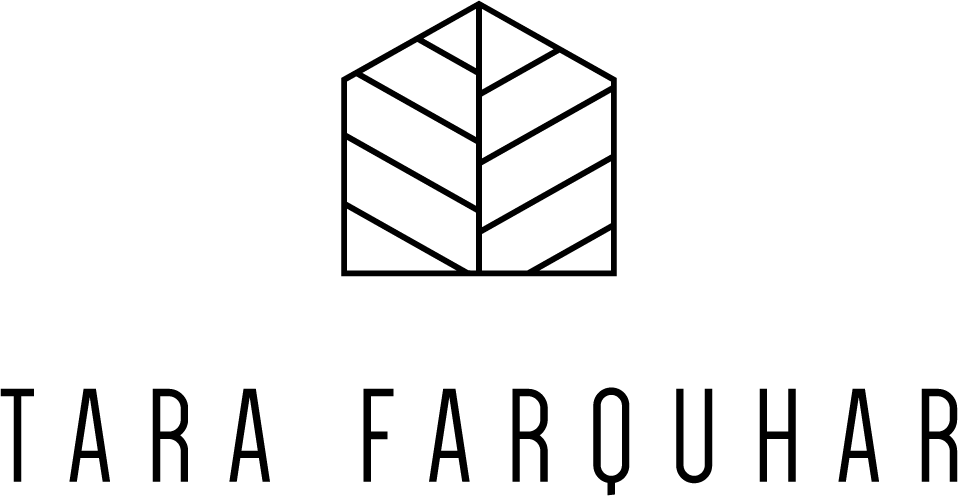Listen up, all you buyers! I just received a really great email full of important tips from my friends at Chicago Title, and I can’t wait to share it with you.
Not sure if you know, but buying a house can be a complicated process. Before you move any large amounts of money, whether depositing or taking out, you MUST run it by your lender! Here are the 9 most import things to be aware of that could impact your home purchase.
Don’t change jobs, quit your job, or become self-employed just before or during the loan process.
Your mortgage lender craves job stability and reliability of income for the distant future, so changing jobs before you close on your new home would send up red flags. Lenders like to see 2 years of tax returns, so this also applies if you’re in business for yourself.
Don’t get behind on bills.
Paying your bills on time is a track record of responsibility, so skipping a bill or having to make a late payment strongly affects you being able to secure a mortgage loan.
Don’t transfer large sums of money between accounts.
Moving money around in different accounts may raise concerns for suspicious activity with home mortgage banks. When you move money around, the lender has to document each account the money passes through. It could appear to the mortgage lender like you are spending part of your down payment, creating a cash to close roadblock.
Don’t apply for a new credit card.
New inquiries for credit confuse mortgage lenders, and they throw up major red flags. Your credit score will be checked again just before closing to make sure that everything is the same as when you were approved. Because new credit translates into a higher risk to the lender, it’s best to wait until after closing before establishing new credit.
Don’t get credit card happy.
This goes along with obtaining new credit. You want your debt-to-income to be the same or better when you are nearing closing day. Do your best to not add any additional debt on your cards.
Don’t make any big purchases.
You not only want to keep your credit lines stable; you also don’t want to deplete your cash on hand. Lenders also look at your cash reserves to see that you have savings to maintain your home and make your payments.
Don’t buy or lease a car.
There are three major categories that a lender is going to look at when approving you for a loan: Credit, Assets, and your Debt-to-Income Ratio. Purchasing a new vehicle will likely affect all three of these items for most people. Don’t lease a new car. Banks treat lease payments like any other debt and, most of the time, there is a fair amount of money that needs to be put down in order to lease a car. You want all of your money and credit available at least until you close on your home.
Watch out for undocumented deposits on your bank account, and be ready to explain them.
Lenders want to make sure that your income, along with any additional assets, are legitimate. So, a lender needs to verify that a recent or large deposit into your bank account is legal, and not a loan or other debt obligation.
Don’t close existing credit accounts.
While this may sound like a good idea, it’s not while trying to get a mortgage because it could lower your credit score. If you do close a credit account, you are reducing your available credit.

